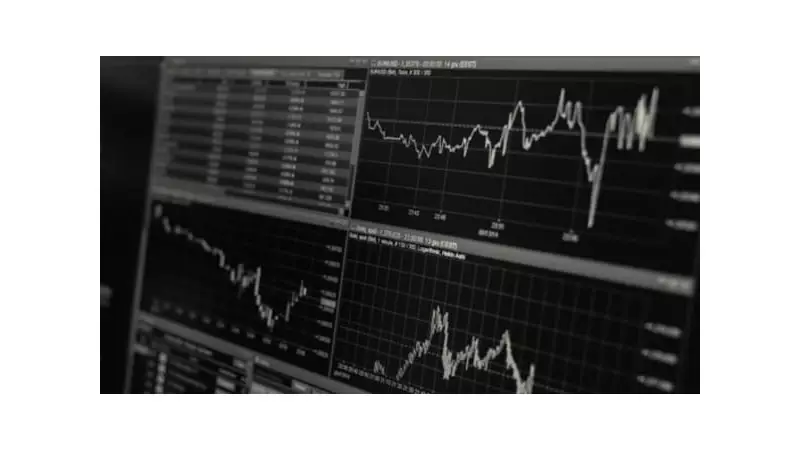
Vietnam's stock market witnessed a dramatic collapse on Tuesday, with the benchmark VN Index plummeting nearly 5% in its most severe single-day decline in recent memory. The massive selloff sent shockwaves through Southeast Asia's emerging markets as investors scrambled to exit positions amid growing concerns about another credit market squeeze.
Market Bloodbath: Key Numbers Tell the Story
The selling pressure was relentless throughout the trading session. The VN Index closed down a staggering 4.7%, marking one of the worst performances globally. Banking stocks, traditionally the market's backbone, bore the brunt of the punishment with several major lenders seeing declines exceeding 6%.
What's Driving the Panic?
Credit Market Jitters Return
Market analysts point to renewed fears about liquidity constraints in the banking system as the primary catalyst. Recent regulatory measures and tightening credit conditions have raised alarms about potential cash flow problems for businesses and consumers alike.
Property Sector Contagion
The real estate sector, heavily dependent on credit availability, showed particular vulnerability. Property developers saw massive selloffs as investors feared the credit squeeze could derail ongoing projects and dampen housing demand.
Broader Market Impact
The panic wasn't confined to specific sectors. Market breadth showed overwhelming negativity with declining stocks outnumbering gainers by nearly 10-to-1. Trading volumes surged to multi-week highs, indicating the intensity of the selling pressure.
Regional Ripple Effects
Vietnam's market turmoil had noticeable effects across Southeast Asian markets. Neighboring exchanges in Thailand and Indonesia saw moderate declines as risk aversion spread through the region. International investors are closely monitoring whether this could signal broader emerging market vulnerability.
Expert Analysis: What Comes Next?
Financial experts suggest the market reaction may be overdone but acknowledge genuine concerns about credit availability. "The fundamental growth story remains intact, but liquidity concerns are creating short-term headwinds," noted one regional analyst.
Market participants are now watching for potential intervention from Vietnamese authorities, who have previously stepped in to stabilize markets during periods of extreme volatility.
Looking Ahead
Investors should brace for continued volatility as the market digests the implications of the credit squeeze. Key factors to watch include:
- Central bank policy statements
- Banking sector liquidity indicators
- Foreign investment flows
- Corporate earnings revisions
The coming sessions will be crucial in determining whether this represents a temporary correction or the beginning of a more sustained downturn for one of Asia's fastest-growing markets.






